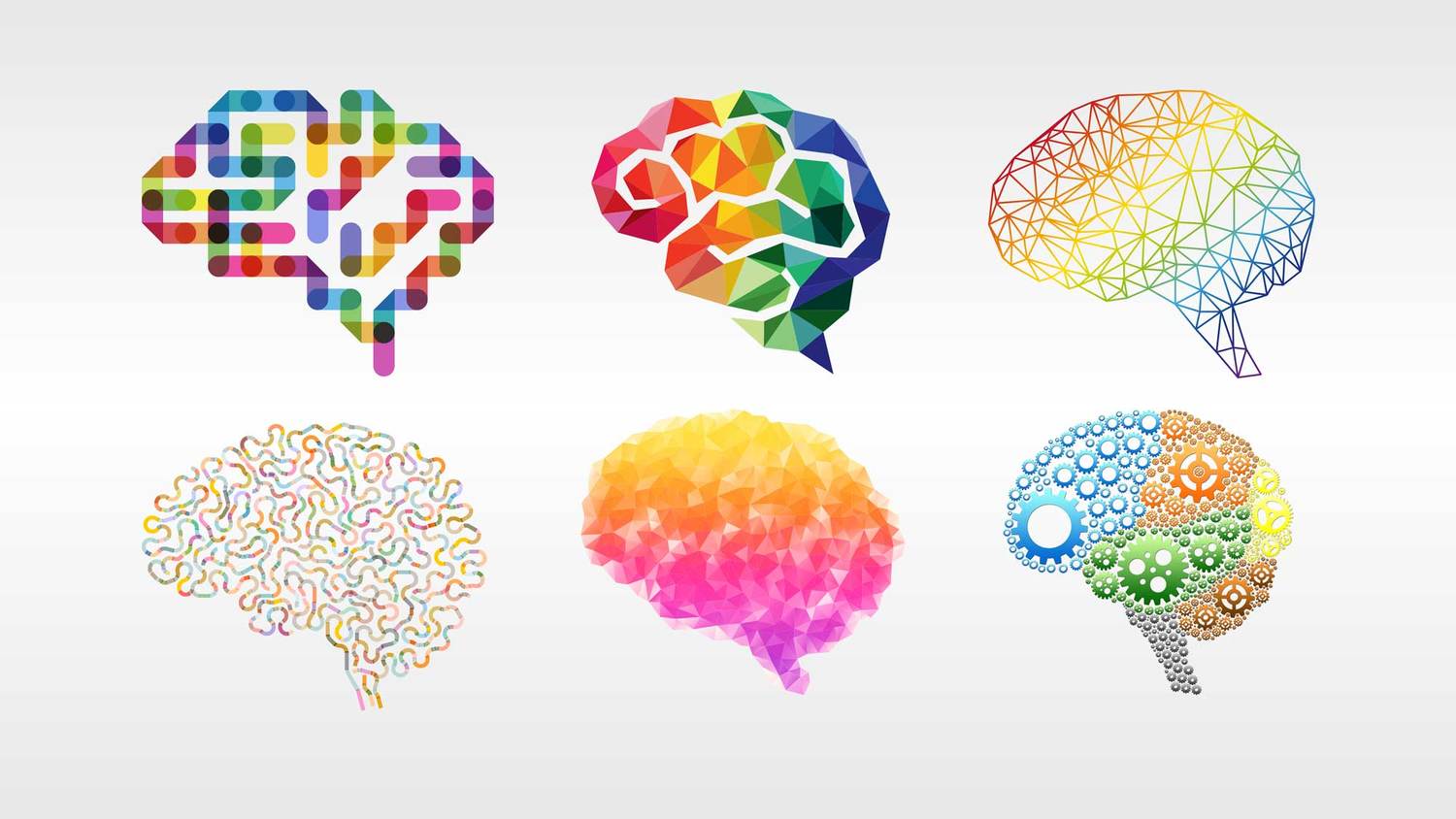
Author: Phil Hartwick
First Published: 2018
How does diversity deliver performance?
The Neuroleadership Institute has done a lot of work, presented in their webinar, to try to understand what precisely it is about greater organisational diversity that causes higher performance. What they found is that diversity actually impacts performance at the team level. This is because where there is a diversity of people contributing to a piece of work, they are more likely to:
-
Find errors and flaws – because we are likely to put undue trust in people who are just like us and conversely to test the assertions of those who are different to us,
-
Have more novel ideas, facts and insights to work with – because where we have team members from different generations, cultures etc they have the potential to bring different perspectives.
So diverse teams present an opportunity for more creativity and better decision making.
However, these benefits are not always realised. Even when a diverse team is assembled:
-
There can be considerable obstacles to those ‘diverse’ contributions being both made by the ‘minority’ team member and fully appreciated by the group, and
-
While the diverse team may generate a wide range of ideas, there is a high risk that it will fail to build on and integrate those ideas because of the greater challenge of achieving deep consensus in a diverse group[i].
This is a significant challenge for organisations. Recruiting and promoting from diverse groups can be actively monitored. Actually getting those people to contribute and, then ensuring the team benefits from their contribution is a more difficult target. It seems possible the solution lies in how we help the team to become inclusive.
To do this it is useful to first accept and acknowledge that working with people with very different backgrounds and experiences to us, requires more effort. We have to take more time and work harder to make sure we understand each other. Our initial reaction to their input may be that it isn’t sensible or important. We also need to acknowledge that all teams, regardless of how “diverse” they are, tend to fall into patterns of being influenced by certain more vocal members’ perspectives. It is very easy to be completely unaware or accepting of this dynamic.
If you want your organisation to move genuinely toward diversity and inclusion, investing time and effort in overcoming these challenges to inclusion is critical.
The Role of Team Coaching
Team coaching is a rapidly developing specialty[ii] that may offer a very effective way of doing this. To consider this idea, we need to answer the question what is “team coaching”, because team coaching in its true sense is unfamiliar to many.
Most commonly team consultants are invited in to work with teams primarily to play the role of facilitator. It is their job to deliver and manage a process that will enable the team to generate the required outputs, in the time allowed and usually in a way which is inclusive and collaborative.
Team coaching is quite a different approach. Like individual coaching, is about helping the team to determine what it wants to achieve and how it wants to operate – and then allowing the team to decide what it needs to do to move toward this.
It often involves helping the team reflect on the range of roles each individual plays in the team. Who tends to raise ideas? Who is inclined to resist or test them? Who is likely to move quickly to support the idea generator. Who will often stay silent?
Teams are likely to get the most benefit out of their diversity when all team members can and do play all of these roles[iii]. Sometimes this requires the team to adopt practices which encourage members to adopt unfamiliar roles – or at least to measure and reflect on what roles are being played.
The objective of team coaching is to help teams learn to be reflective about how they operate and realise the benefit of including all of the brains in the room. The team coach strives to shift the team toward operating inclusively as a matter of course – so that the coach is no longer needed.
In our practice as team consultants we find we often begin the engagement playing quite a facilitative role. But it is when we step back and empower the team by taking more of a coaching role, that we see it start to see it achieve gains in the way it operates that are more likely to endure.
Final Thoughts
It may be that a team coaching approach offers a real opportunity to help teams, and therefore organisations, achieve the benefits from diversity that are clearly possible[iv].
[i] A different perspective: The multiple effects of deep level diversity on group creativity, Sarah Harvey
[ii] John Raymond, Head of Coaching and IECL and lead facilitator of one of the few Team Coaching programmes available in the Asia Pacific, says he is witnessing the kind of growth in interest in team coaching that he saw begin to occur in individual coaching 20 years ago.
[iii] Evidence for a Collective Intelligence Factor in the Performance of Human Groups Charbris et al
[iv] Eg the “Diversity Matters” research published by Mckinsey in 2015
